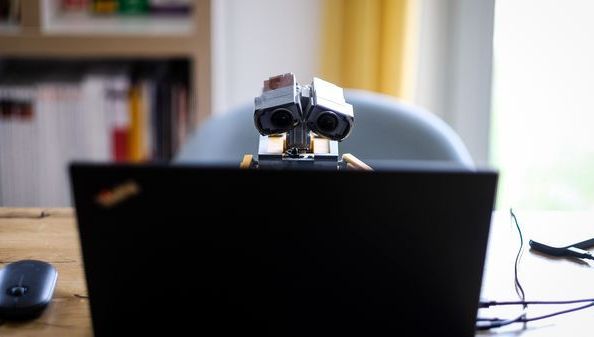The latest tool for recognizing text written using artificial intelligence is called Binoculars. Developed by researchers at the University of Maryland in the United States, it promises to limit so-called “false positives.” These false results concern recognitions of texts attributed to artificial intelligence even though they were written by a human. For example, if we rely on certain current detection tools, we discover that Shakespeare's Macbeth was written by software!
This can make you smile. But students can be falsely accused of cheating and receive a disqualifying grade. Therefore, more reliable detection is essential. Currently the error rate is around 1% false positive results. But with the binocular tool we would go down to 0.01%. But even if it is reliable, it is still not foolproof and therefore does not satisfy the question of students. Several universities have also stopped using these types of tools.
Accept uncertainty
After all, it is possible to never know whether a text was written by artificial intelligence or not. OpenAI, the creator of ChatGPT, had started working on a detection tool. He seems best suited for this. However, in the end he gave up. He also felt unable to develop a 100% reliable tool.
We are therefore not yet done with the controversies surrounding homework written with ChatGPT. Maybe the education sector will adapt at some point. The school has managed to integrate the calculator, which favors reasoning over pure results. Maybe she can do it with ChatGPT too.
A tool like binoculars could still be interesting for other industries where false alarms are less critical. For example, to sort what is published in business or on the Internet. This will help dispel certain doubts or simply gain some distance from what we are reading.

